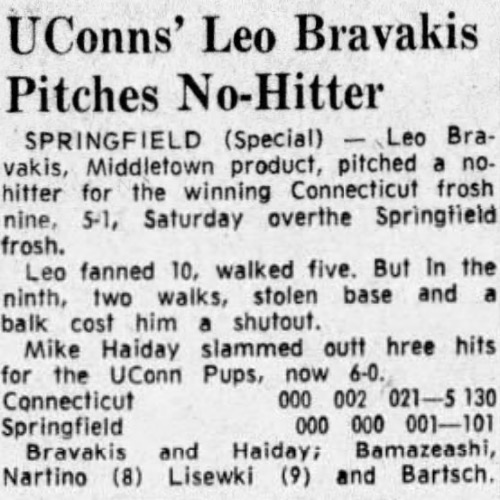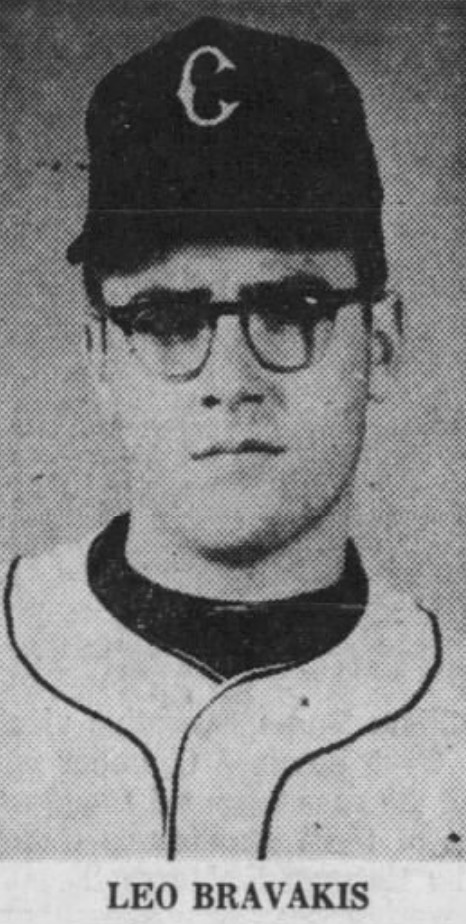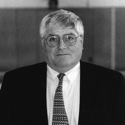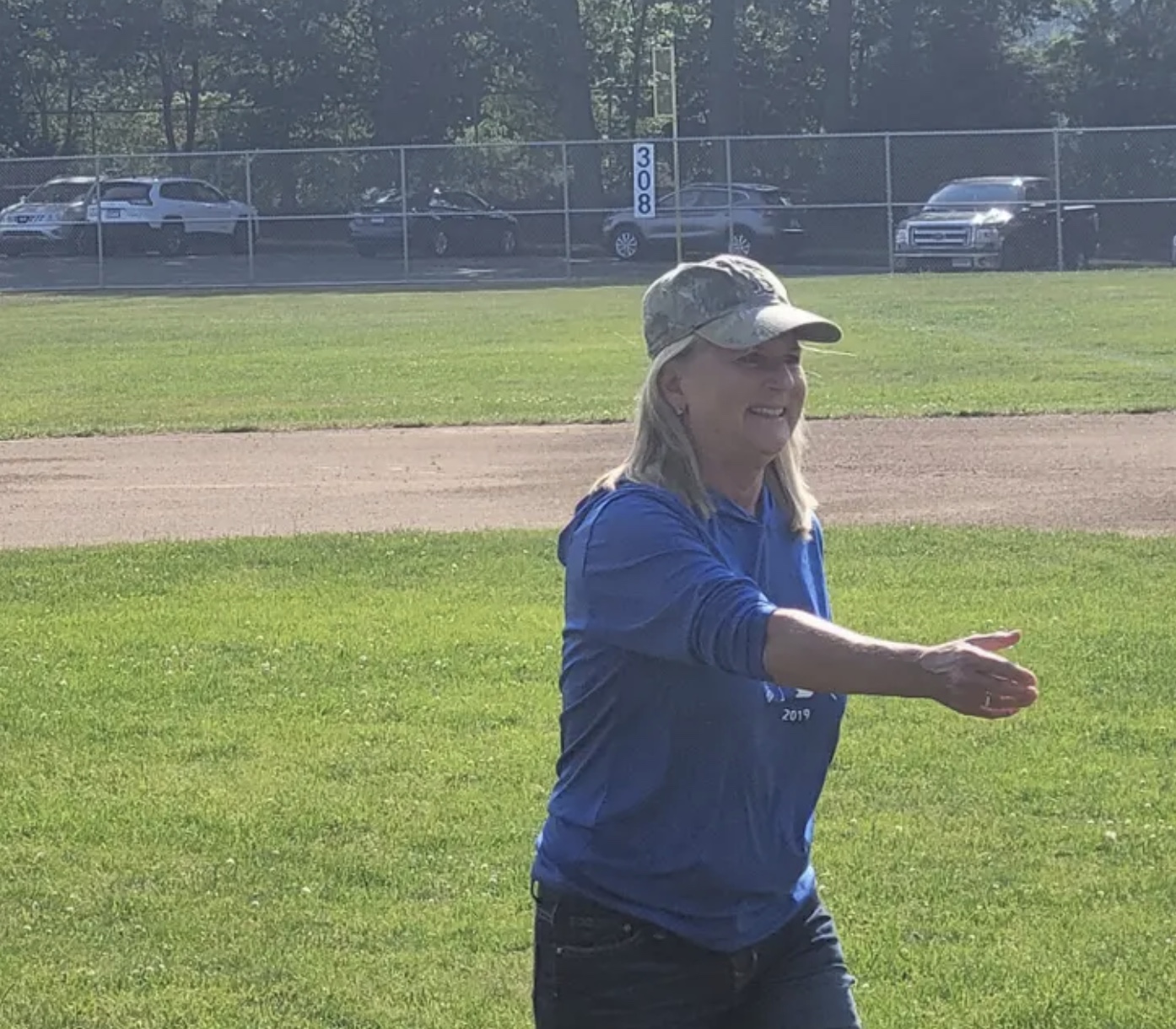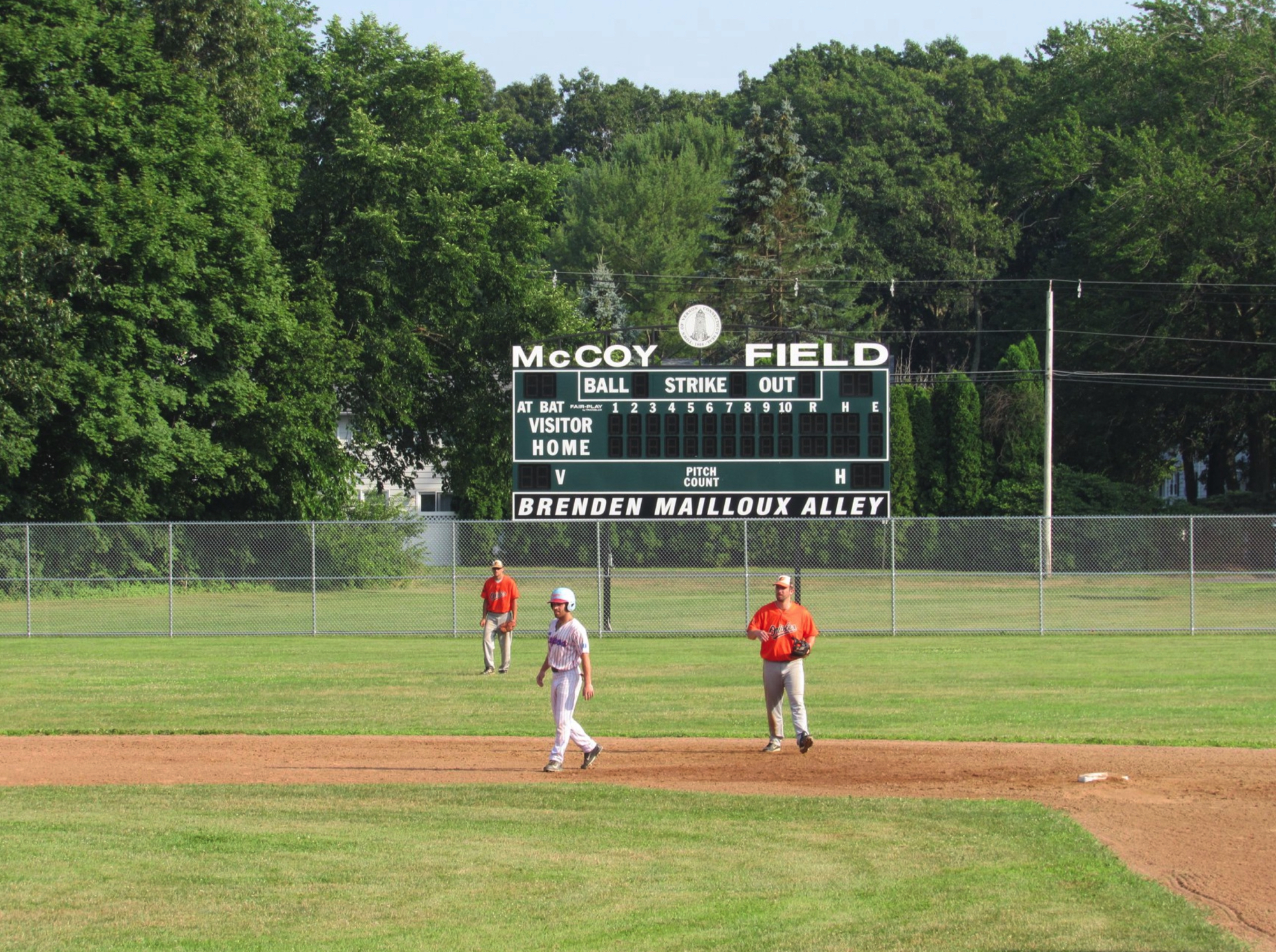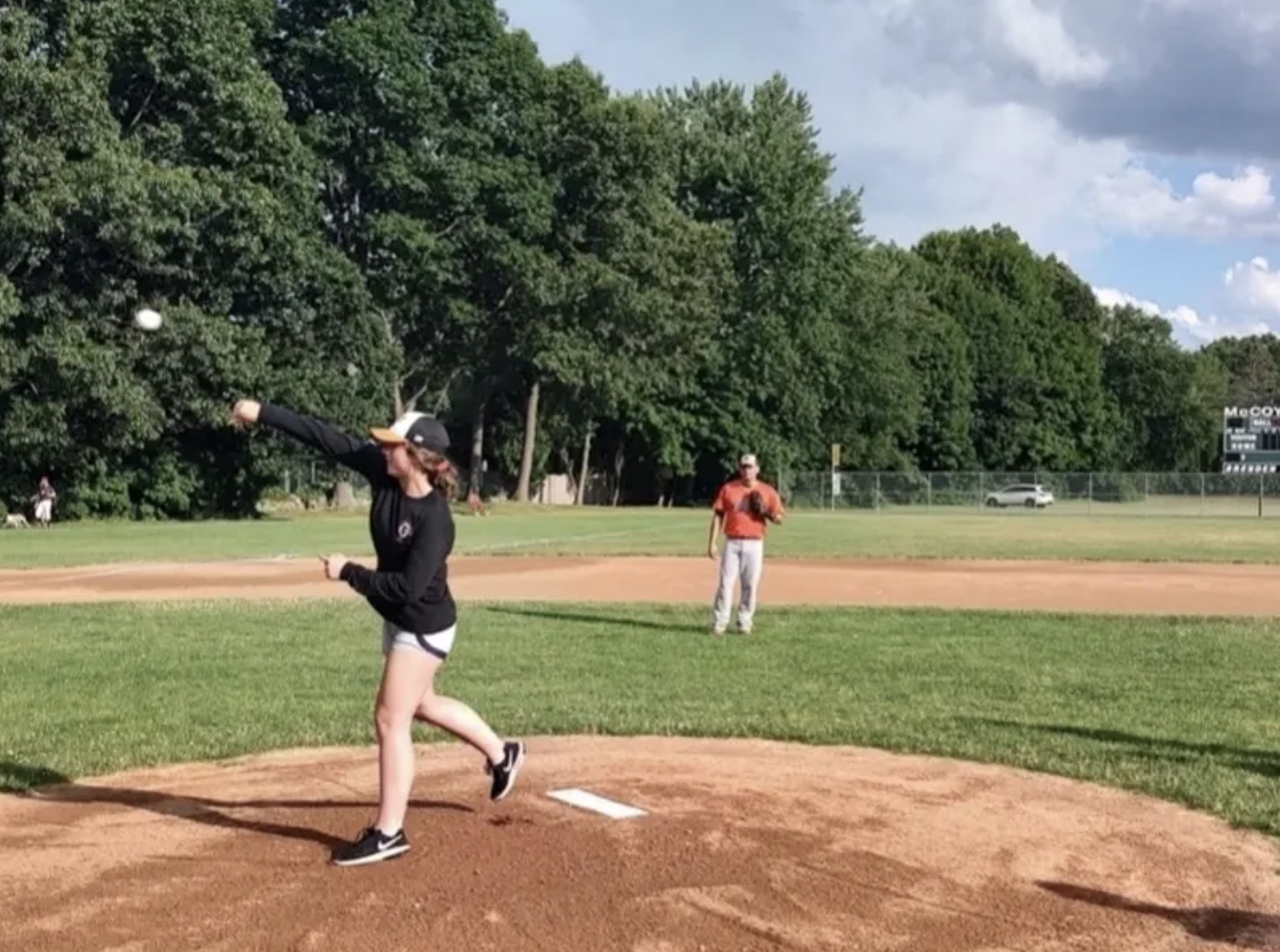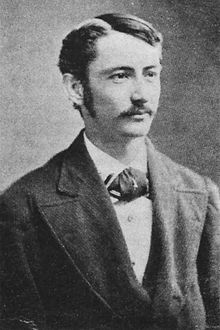It’s with deep sadness to report the passing of Steve Krajewski (1955-2025). Also known as “Krash,” he was a mainstay third baseman and a key supporter of the Vernon Orioles for the last five decades. Recently, he led the re-establishment of the GHTBL Hall of Fame as President. The Vernon Orioles and the Twilight League are eternally grateful for his innumerable contributions to the league and to the Town of Vernon.

Stephen Krajewski was born on June 14, 1955. Prior to moving to Enfield three years ago, he had lived a lifetime in Vernon. He worked at the Vernon Parks and Recreation Department for 42 years, mostly as Assistant Director before retiring in 2019. As a youngster at Rockville High School, he starred in basketball and baseball and was later inducted into their Athletic Hall of Fame. He went on to captain the Eastern Connecticut State University baseball team, earning two All-New England selections under Head Coach Bill Holowaty. Krash was named to Eastern’s All-time Baseball Team in 1978 and inducted to the ESCU Athletic Hall of Fame in 2006.

Krajewski’s GHTBL playing days for Vernon spanned from 1969 to 1994. Before he was even a freshman in high school, he played for the Orioles at the age of 14; the youngest player in league history. In his twi-loop career he had 333 RBI, a .331 batting average and 55 home runs, solely for the O’s. He was selected to the GHTBL All-Star team 10 times and led the league in hits and average in 1988. Krash often talked about how much he enjoyed playing for longtime friend, coach, sponsor and GHTBL Hall of Fame inductee Frank J. McCoy.

Krash was inducted into the GHTBL Hall of Fame, Class of 1995. He then took over for McCoy as O’s manager from 1998 to 2000, leading them to a Playoff Championship in 1999. He served as General Manager for the next 25 years. He also coached Vernon’s American Legion and supported the program in various ways. He took great pride in representing the Orioles and his hometown of Vernon.
“He was like the backbone of the Vernon Orioles. Steve was always not only an outstanding player, but a terrific leader. He was a great asset to his club and our league.” -Jim Gallagher, former GHTBL President.

The Twilight League sends our sincere condolences to the Krajewski family. Steve is survived by his wife Danielle, and daughters Meagan and Taylor, and sisters Jane Urban and Phyllis Baker.








